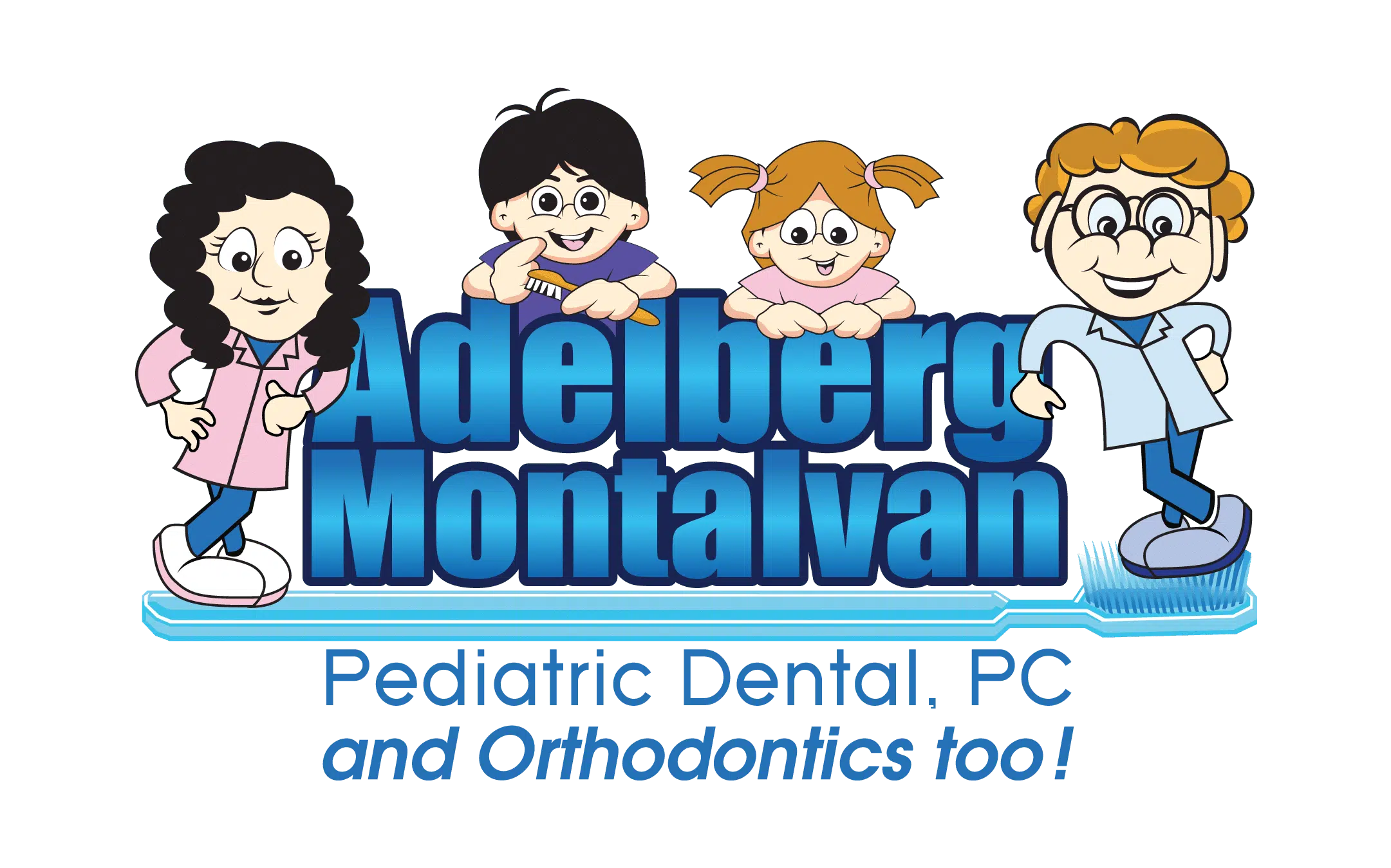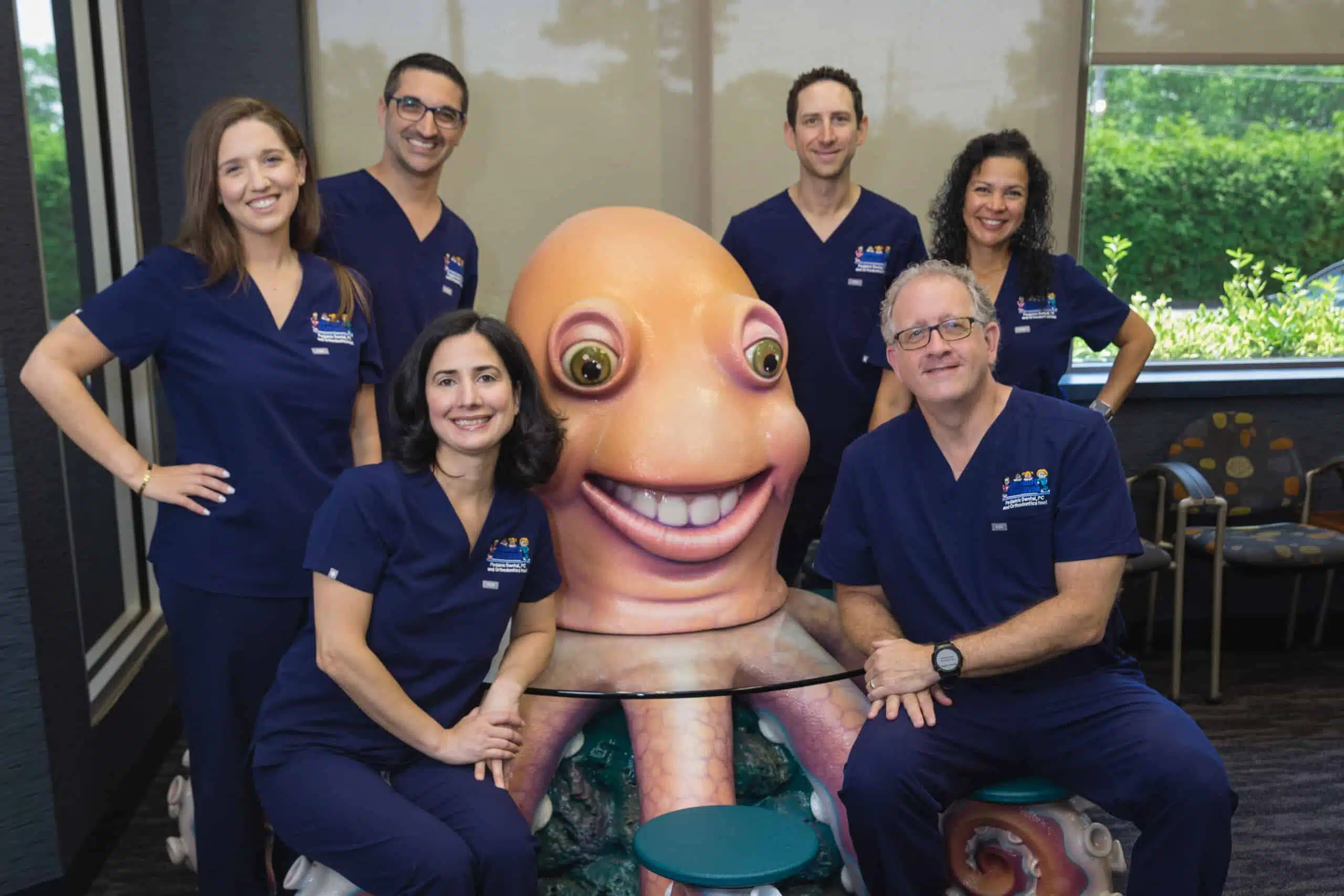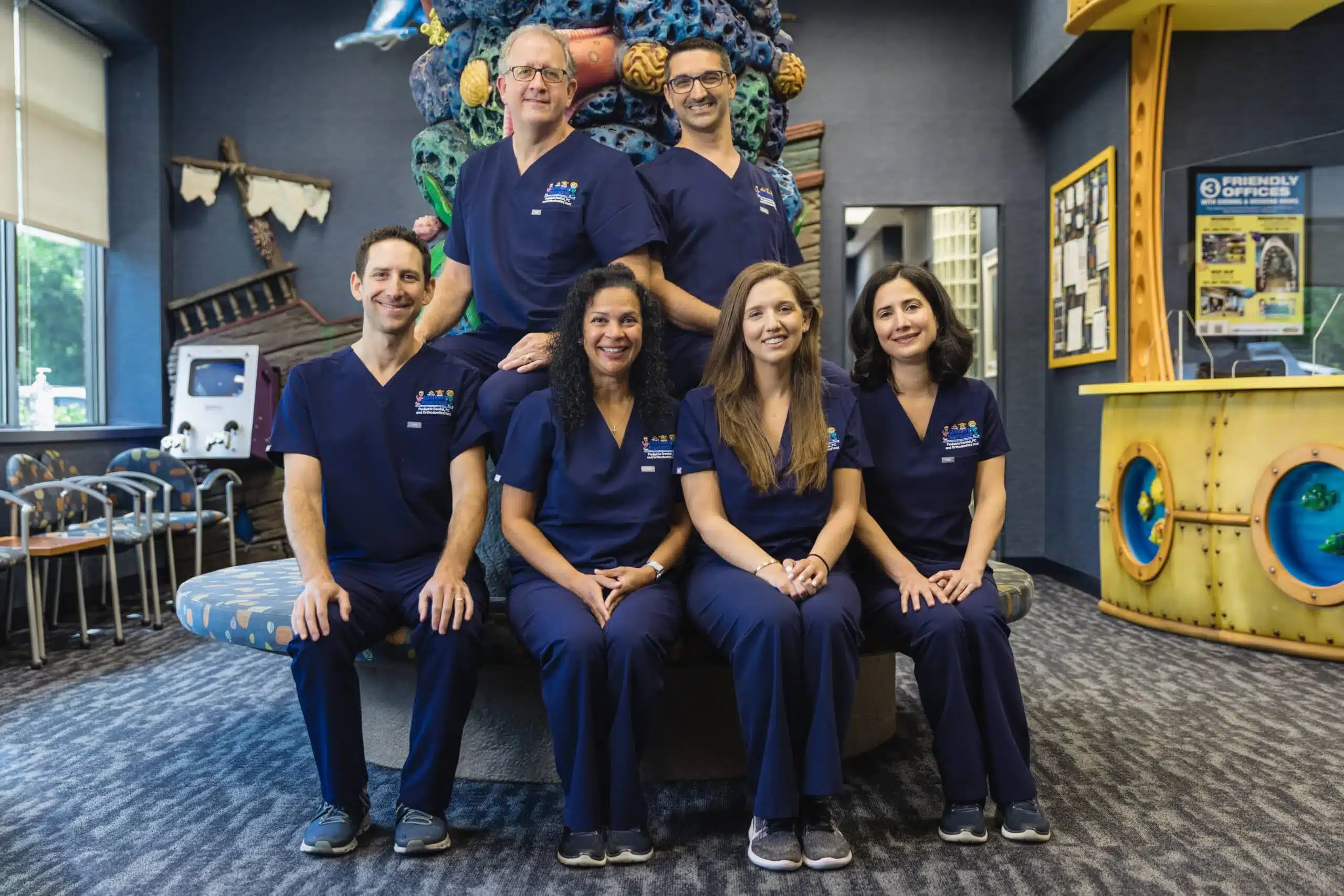Preventive dentistry encompasses all oral health care practices aimed and the prevention of dental and oral disease. Prevention of a problem is always better than a cure. Our office prides itself with emphasizing preventive care to keep your child’s mouth, and body, healthy. A healthy smile gives you confidence and learning how to take care of your mouth is very important.
These practices include, but are not limited to:
Comprehensive Oral Evaluation
During your child’s first visit, as well as routine checkups, we will conduct a thorough examination. During this examination, we will check the health of not only the teeth and gums, but also the head and neck as well. Frequent examinations allow us to monitor your child’s dental development as well as screen for early signs of dental decay or infection before it becomes more serious. In addition to a clinical exam, digital radiographs may be taken to ensure there are no issues beyond what the eye can see.
Dental Cleanings (Prophylaxis)
As a natural process, dental plaque builds up on the teeth. If not cleaned away, this plaque can contribute to the formation of dental decay as well as gum disease. Bi-annual dental cleanings allow us to thoroughly remove plaque, tartar, and staining from your child’s teeth. This enables our dentists to examine the teeth and ensure there are no signs of decay or infection.
Fluoride Treatment
After your dental cleaning, a fluoride treatment is applied to the teeth. This treatment may be in the form of a varnish, foam, or gel. Fluoride is beneficial in the prevention of tooth decay by strengthening the enamel surface to make it less resistant to acid breakdown. While we feel fluoride is best, we offer alternatives.
Oral Hygiene Instructions
As part of your child’s visit, our clinical team will discuss the importance of daily oral hygiene habits. We take the time to teach brushing and flossing techniques to maintain oral health at home, as well as nutritional choices and how they impact our teeth.
Dental Sealants
Dental sealants are used to prevent dental decay in teeth with deep grooves and crevices. Because of the teeth’s natural anatomical shape, it is very easy for food and plaque/bacteria to get trapped and difficult to remove without a professional cleaning. Dental sealants are a coating that is bonded over these difficult to clean areas to minimize the risk of cavities and allow easier brushing. These sealants are quick and easy to place and greatly reduce cavities in adult molars.
Custom Mouthguards
Mouthguards are extremely important and always recommended to those who participate in sports. A well fitted mouthguard is essential to minimize oral trauma. Our office offers custom guards made specifically for your child’s mouth. At times, store-bought guards are ok but a custom mouthguard provides much more protection for a similar price. Custom mouth guards cost less than most parents spend on other types of sports equipment such as cleats or other gear. Of course, if the mouth guard fits well children are far more likely to use it. The main function is to protect that million dollar smile, but there is some significant evidence that mouthguards reduce the incidence and severity of concussions acting as a “shock absorber.”
These appliances are made by taking a simple impression or scan of the teeth and then fabricated with a durable material of your child’s color choice.
Age One dental visit
At what age should my child have their first dental visit?
The American Academy of Pediatric Dentistry and the American Academy of Pediatrics recommend that a child visit the dentist by the age of one or within six months of the eruption of their first tooth. These visits are not only important to check your child’s oral health, but also to educate the parent or caregiver on building daily healthy habits to facilitate oral wellness. It is important to establish a dental home if you have questions or an emergency.
What is the difference between a pediatric dentist and a general dentist?
Pediatric dentists have two to three years of specialized training following dental school. These years are designated to treatment of children through adolescence as well as those with special needs. Pediatric dentists have additional knowledge of child behavior and development and often offer a more kid-friendly atmosphere.
When should my child use fluoride toothpaste?
At the age of two, a fluoride toothpaste can start to be introduced. It is always recommended that your child is supervised while using to ensure only a “smear” of toothpaste is used. Prior to the age of two, parents are encouraged to clean their child’s teeth with a soft bristle toothbrush with either water or a toothpaste containing xylitol. Xylitol is a natural sugar alcohol that has been proven to reduce dental caries. Children should always spit out any excess toothpaste.
Frequently Asked Questions About Preventive Dentistry
Xylitol is a sugar alcohol that is often used as a sweetener in gum and toothpaste, but it has another purpose too—it reduces the risk of cavities by keeping bacteria from adhering to the surface of the teeth and helps maintain a healthy neutral pH in the mouth. Xylitol can be an excellent alternative to fluoride.
If your child is too young to understand that they need to spit out their toothpaste, we recommend opting for a fluoride-free toothpaste—the exception to this is if your child is at a particularly high risk for dental decay, in which case the benefits of fluoride toothpaste may outweigh the risks of swallowing it. Once your child spits out their toothpaste consistently, switch to fluoride toothpaste to prevent cavities from forming.
Fluoride that is ingested through vitamins and tap water serves a different purpose than fluoride which is applied topically. Ingested fluoride helps strengthen the adult teeth when they are still forming in the jaw, making them more resistant to cavities. Topical fluoride—toothpaste, fluoride treatments, and fluoride varnishes—strengthens the teeth that are currently in your child’s mouth. Children should take fluoride vitamin supplements as directed by their pediatric dentist.




